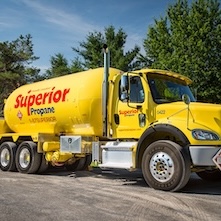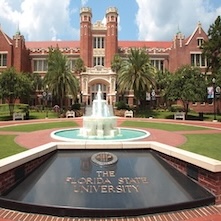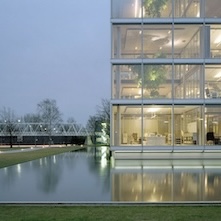Customer Stories

Atento
Atento is one of the world’s leading business process and transformation outsourcers, with 150,000 staff serving more than 400 clients across 17 countries.

Konecta
Konecta, a global leader in customer management and business process outsourcing (BPO), was founded in 1999.

Superior Propane
At Superior Propane, cutting 30 seconds off its average handle time for calls is just one of the transformational results made possible by a contact center uplift to cloud and AI.

Albuquerque Public Schools
Albuquerque Public Schools (APS) is one of the largest school districts in the United States, fortifies security and CX, without disrupting its existing estate.

Access Bank
Navigating Risk and Revolutionizing CX: How Access Bank is Leveraging Avaya Technology to Double its Customer Base by 2027

Aflac
Transforming Insurance Through Empathy and Innovation: Aflac's Journey in Enhancing Customer and Employee Experiences

DirectTV
DIRECTV has significantly improved its Customer Experience through digital transformation and aligning processes within its Customer Care team.

Johns Hopkins Healthcare System
Johns Hopkins Healthcare System is committed to caring for patients and communities using a comprehensive range of state-of-the-art practices and tools.

Florida State University
At Florida State University (FSU), two very different but vital phone applications are made possible by Avaya.

GELSENWASSER AG
The energy market is in a massive state of flux, and customers' need for advice is correspondingly high.